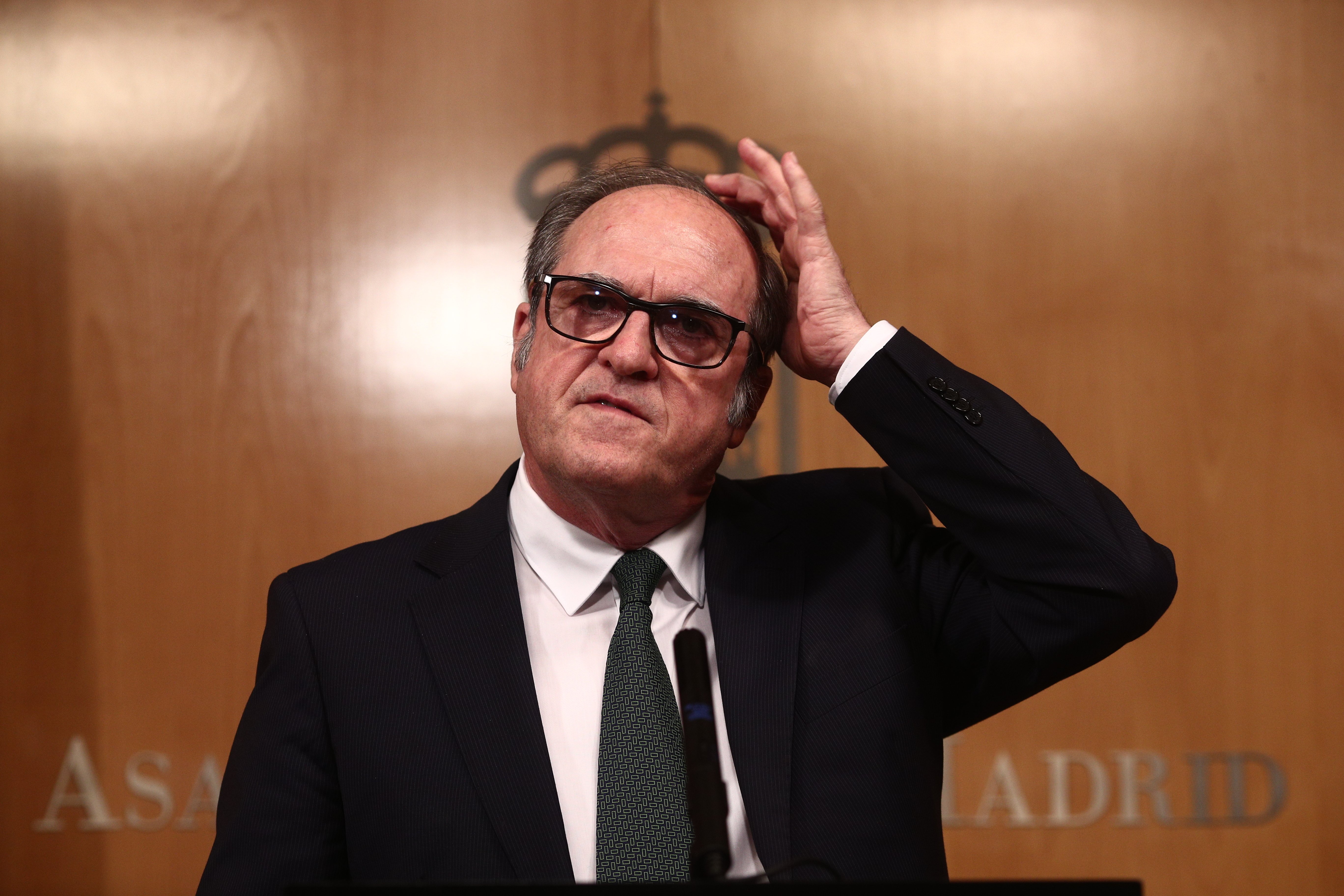The Spanish government passed the hot potato of the Catalangate espionage affair to its Ombudsman, who was tasked with conducting a thorough investigation into the mass espionage against the independence movement. This was promised by minister Félix Bolaños a week after the Citizen Lab report appeared, and in less than a month, Ángel Gabilondo has completed his work. He announced it this Wednesday, without revealing many details of what he had found. He only "verified" that, in his opinion, after analyzing the documentation, "the action of the National Intelligence Centre (CNI) was carried out in accordance with the Constitution and the law in the cases examined." Moreover, although his conclusions mention that his brief arose from the news reports of Catalangate, it contains no comment on the Citizen Lab assertion that 65 people had been spied on, and simply accepts the CNI figure of 18. The former Socialist politician also took the opportunity to assess and state his appreciation of the "transparency" of the Spanish secret services in this case. Conclusions that are certain not to satisfy those who were spied on.
Thus, the figure known in Spain as the Defender of the People affirms in a statement that "the CNI took action respecting the various legal provisions for prior judicial control of the intervention in communications that took place in the cases of a part (18) of the people alluded to in different media information published in April". Among those spied on with judicial authorization, as revealed by the then-CNI head Paz Esteban, were Catalan president Pere Aragonès and people in the environment of president in exile Carles Puigdemont in Waterloo.
After examining the written decisions of the Supreme Court judge responsible for authorising the cyberespionage, Ángel Gabilondo maintains that these actions "were extensively motivated" and highlights the "high degree of detail" of the information in the hands of the judge that justified the requests for intervention in the cellphones. He also states "the existence of a protocol that articulates the relationship of the CNI" with the judge, which offers full guarantees and that the internal regulations of the body establish precisely the procedures to be followed.
As a consideration, the Spanish Ombudsman highlights the "exercise of transparency" carried out by the intelligence agency in its handling of the matter. However, he also recommends "opening a reflection" on the judicial control of telephone interventions. "The twenty years that have gone by since the law [was passed] and the evolution of technology in recent decades, coupled with the changes that are to come, should lead us to meditate on the sufficiency or inadequacy of existing judicial control," Gabilondo concludes.
Nowhere in the report does the Ombudsman comment on any investigation of the difference between the figure of over 60 people found to have been spied on with Pegasus by the Citizen Lab research centre, and the 18 people whose espionage the CNI admitted and for whom it provided judicial authorization. This, despite the fact that Gabilondo admitted that his brief arose from the "media reports" when the Catalangate report was published in April: his investigation had "the purpose of verifying whether the alleged actions of interception of communications through the Pegasus spyware to which the media alluded in those days had been carried out, where applicable, with full respect for the guarantees established in the Constitution and in the rest of the legal system."
Do Spanish police have Pegasus?
For yet another parliamentary question session, the Pegasus case was clearly present today in the Congress of Deputies. In fact, the Basque Nationalist spokesman, Aitor Esteban, asked prime minister Pedro Sánchez if the Spanish National Police or the Civil Guard have access to this Israeli program, a possibility that the Spanish PM denied. In the face of this question, the PM reaffirmed his intention to investigate the issue through various mechanisms (such as that of the Ombudsman) and promised to reform Spain's official secrets act, something the Basque party has long demanded. "I am ready to listen to you on all suggestions you may have for improving confidence," he said.

